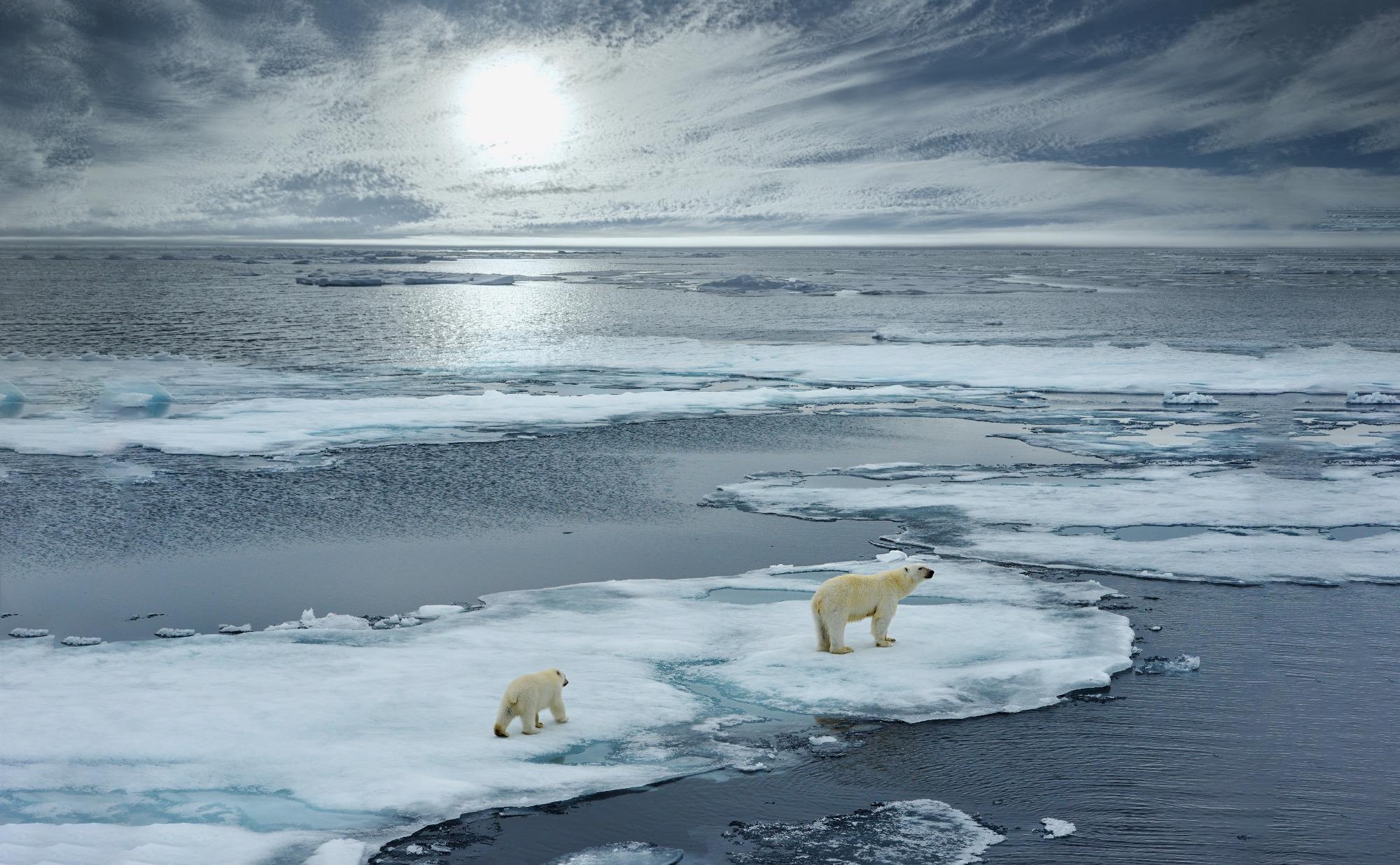According to scientists, handling the climate crisis can only be made possible by “placing people at the heart of climate action.”

Image Credit: Shutterstock.com/ FloridaStock
The research group, headed by the University of Exeter warns against depending merely on discoveries in climate science and technology.
Rather, the researchers state that social science could help attract people and societies and guarantee a green transition that is both effective and encourages other goals like fairness, equity, and wellbeing.
The study is the first to be reported by the new Advancing Capacity for Climate and Environment Social Science (ACCESS) program.
To meet our climate goals, we need both profound societal change and continued technical improvements. This dual approach can improve people’s quality of life, reduce emissions and ensure thriving economies and ecosystems.
Patrick Devine-Wright, Professor and ACCESS Team Leader, University of Exeter
Devine-Wright added, “If people are at the heart of climate action, then understanding and tackling climate change cannot be done by engineers or natural scientists alone. All disciplines need to work together—not least a range of social sciences including political science, sociology, geography, and psychology—to find solutions in ways that achieve wider societal goals.”
Devine-Wright is a professor at Exeter’s Department of Geography and the Global Systems Institute and was a Lead Author on the recent report from Intergovernmental Panel on Climate Change (IPCC) Working Group III.
This was part of the IPCC’s sixth assessment cycle and—for the first time—the new report included a steadfast chapter on demand and social views of mitigation and a cross-chapter analysis on sustainable development and equity.
According to professor Devine-Wright, this advancement must continue to develop a more visible, responsive, and interdisciplinary social science that interacts with people and is valued for its diversity by decision-makers in government, civil society, industry, and law.
The study comes to the conclusion that “Given that all climate solutions will involve people in one way or another, the social sciences have a vital role to play.”
Journal Reference:
Devine-Wright, P., et al. (2022) Placing people at the heart of climate action. PLOS Climate. doi.org/10.1371/journal.pclm.0000035.